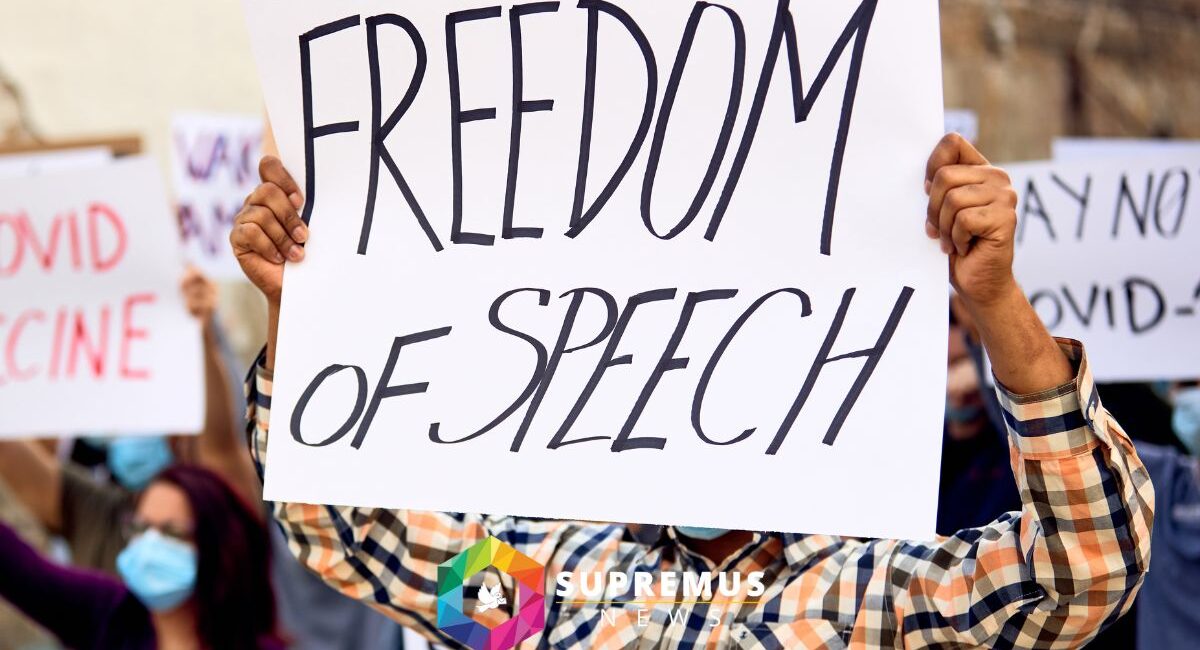Understanding Freedom of Speech in India: What Residents Need to Know
Freedom of Speech is one of the most talked-about rights in India, but how many of us really know what it means? Let’s break it down in simple words so that everyone – from a common resident to a student or homeowner – can understand their rights and responsibilities.
What is Article 19(1)(a)?
- Article 19(1)(a) of the Indian Constitution gives every citizen the right to freedom of speech and expression.
- This means you can:
- Speak your opinions freely.
- Share ideas through writing, blogs, social media, videos, or art.
- Express yourself without fear.
Why is Freedom of Speech Important?
- Freedom of speech is essential for democracy.
- It allows us to:
- Question the government when needed.
- Express concerns on social issues.
- Discuss, debate, and share ideas for the betterment of society.
For example:
- You can criticize a housing committee’s decisions (if done respectfully).
- You can share concerns about public safety or property management.
What Are the Limits to Freedom of Speech?
Freedom of speech is not absolute. This means there are certain restrictions. You can’t misuse this right to harm others or society.
Here are the key restrictions under Article 19(2):
- Sovereignty and Integrity of India:
- You can’t say anything that threatens the country’s unity.
- Example: Supporting activities that break India’s unity.
- Security of the State:
- Avoid speeches that may cause violence or threaten national security.
- Public Order:
- No spreading content that creates riots or disturbs peace.
- Example: Hate speeches or inflammatory posts.
- Decency or Morality:
- Obscene or indecent content is not allowed.
- Defamation:
- You cannot make false statements that harm someone’s reputation.
- Example: Spreading false rumors about your neighbor or any person.
- Contempt of Court:
- Don’t disrespect the judiciary or share content that affects an ongoing case.
- Incitement to Offense:
- You can’t encourage people to break laws or commit crimes.
- Relations with Foreign Countries:
- Avoid statements that may damage India’s relations with other nations.
Freedom of Speech in the Digital Age
Today, most of us use social media, blogs, Telegram and WhatsApp to express opinions. While these platforms allow free speech, you need to be careful:
- Be Responsible: Don’t share fake news or misinformation.
- Avoid Defamation: Sharing false content about individuals or groups can lead to lawsuits.
- Respect Privacy: Do not post someone’s personal information without permission.
- Be Cautious About Hate Speech: Sharing anything that incites violence or creates hatred among groups is illegal.
Example:
- Posting criticism about a local body election is okay.
- However, spreading false claims or personal attacks can get you into legal trouble.
Why Does It Matter to You?
As residents, whether in housing societies or communities, knowing about freedom of speech can help:
- Speak up against unfair practices.
- Share valid concerns about maintenance, safety, or management decisions.
- Avoid legal trouble when expressing your opinions.
Example for Residents:
- If you have concerns about maintenance charges in your society, you can voice them politely and constructively.
- But avoid personal insults or spreading false claims.
Tips for Responsible Expression
- Think Before You Speak or Post:
- Verify facts before sharing anything.
- Be Constructive, Not Hateful:
- Focus on solutions rather than blame.
- Avoid Misinformation:
- Sharing fake news can get you into trouble.
- Respect Others’ Rights:
- Your speech should not harm someone’s reputation or hurt their feelings unnecessarily.
- Use Digital Platforms Wisely:
- Avoid hate speech, defamation, or false accusations on blogs or social media.
Bharatiya Nyaya Sanhita (BNS)
The Bharatiya Nyaya Sanhita (BNS), 2023, introduces significant changes to India’s criminal law framework, particularly concerning the balance between national security and the freedom of speech and expression guaranteed under Article 19(1)(a) of the Indian Constitution.
Key Provisions Impacting Freedom of Speech:
- Section 150: Offenses Against Sovereignty, Unity, and Integrity
- Overview: Section 150 replaces the colonial-era Section 124A of the Indian Penal Code (IPC), commonly known as the sedition law. This new section criminalizes acts that endanger the sovereignty, unity, and integrity of India.
- Implications: While the intent is to address subversive activities, concerns have been raised about the potential for misuse against individuals exercising their right to free speech. The broad terminology could lead to the suppression of legitimate dissent and criticism.
- Section 152: Subversive Activities
- Overview: Section 152 penalizes those who incite or attempt to incite armed rebellion, subversive activities, or separatist movements that threaten India’s sovereignty and integrity.
- Implications: The term “subversive activities” is not clearly defined, leading to concerns about its potential misuse to curb free speech and stifle dissent. The lack of clarity may result in the suppression of legitimate expressions of opinion.
- Section 196: Promoting Enmity Between Groups
- Overview: Section 196 addresses actions that promote enmity between different groups based on religion, race, place of birth, residence, language, caste, or community. It aims to prevent hate speech and actions prejudicial to maintaining harmony.
- Implications: While intended to curb hate speech, there is a need to ensure that this provision does not infringe upon legitimate expressions of opinion or debate, which are essential components of a democratic society.
Balancing Free Speech and National Security:
The BNS seeks to modernize India’s criminal laws by replacing outdated provisions with ones that address contemporary challenges. However, the broad and vague language in certain sections has raised concerns about potential infringements on freedom of speech. Critics argue that without clear definitions and safeguards, these provisions could be misused to suppress dissent and curtail democratic freedoms.
Conclusion
Freedom of speech in India is a powerful right that allows us to express our thoughts and concerns. However, it comes with responsibilities. Always ensure that what you say or post is true, respectful, and constructive. By understanding the rules and boundaries, we can make our society a better, more informed place.
For more informative updates, stay tuned to Supremus News. You can stay anonymous and the subscribers list is not visible to anyone!



